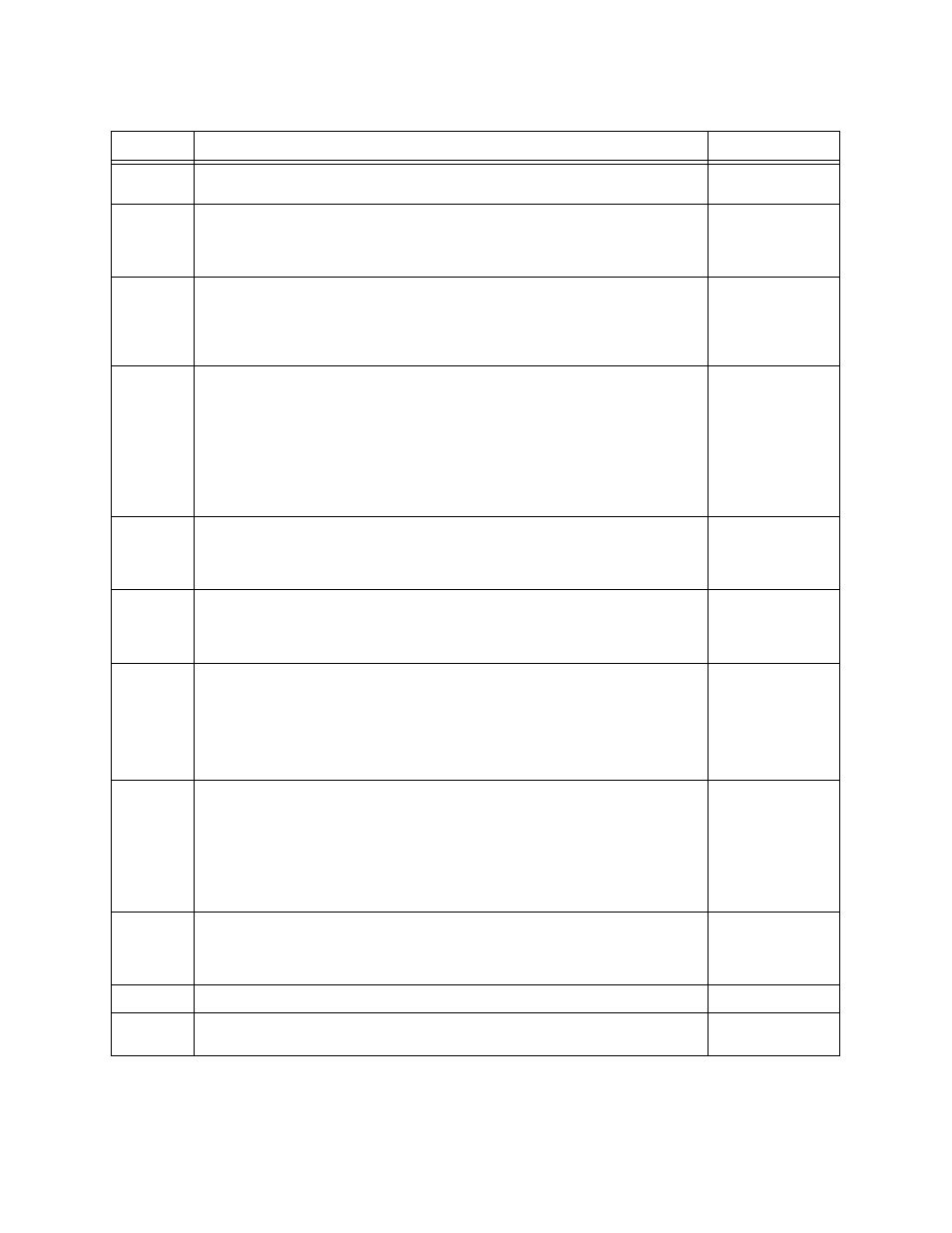Table 3-22 – Verilink QPRI 2921 (880-503143-001) Product Manual User Manual
Page 69

Configuring the QPRI 2921 Via the NCM 2000 Craft Interface
Verilink QPRI 2921
3-35
Table 3-22
Add Circuit Submenu Commands
Command
Description
Options
N
Name—Circuit name (Circuit ID
12 characters
maximum
P
Priority—
1) low
2) norm
3) high
4) crit
T
Type—Circuit type.
1) perm
2) swit
3) prim
4) d-bk
5) bkup
M
Mode—Circuit Mode
1) 64K
2) 56K
For Subrate DIU
only:
3) 38.4K
4) 19.2K
5) 9.6K
6) 4.8K
7) 2.4K
SP
Source Port—Displays the Node “Map” and prompts for the SRC Port shelf,
slot. Use this option to designate the starting point of your circuit. Once
the Shelf and slot position of the Source Port has been entered, you are
prompted with 4 choices.
1) net1
2) net2
3) net3
4) net4
DP
Destination Port—Displays the Node “Map” and prompts for the DEST Port
shelf, slot. Use this option to designate the ending point of your circuit.
Once the Shelf and slot position of the Source Port has been entered, you
are prompted with 4 choices.
1) net1
2) net2
3) net3
4) net4
SM
SRC Port Chn—Source Timeslot. Designate which T1 timeslots you wish to
use in this circuit.
Note: In ISDN, timeslot 24 is normally reserved for use in D-channel call
set-up. For this reason, avoid building circuits which use timeslot 24.
For ISDN, a call-reference option is provided to designate the call profile
for backup.
1—24 or press
ENTER
to exit
DM
DST Port Chn—Destination Timeslot Designate which T1 timeslots you
wish to use at the Destination Port.
Note: In ISDN, timeslot 24 is normally reserved for use in D-channel call
set-up. For this reason, avoid building circuits which use timeslot 24.
For ISDN, a call-reference option is provided to designate the call profile
for backup.
1—24 or ENTER
to exit
U
Bus—Select a backplane bus for intermodule communication. The A Bus is
always used for ISDN.
1) A
2) B
3) C
4) Auto
S
Setup—Validates and saves the configuration.
X
Exit—exits this menu and displays the Circuit Manager Menu, Figure 3-25,
